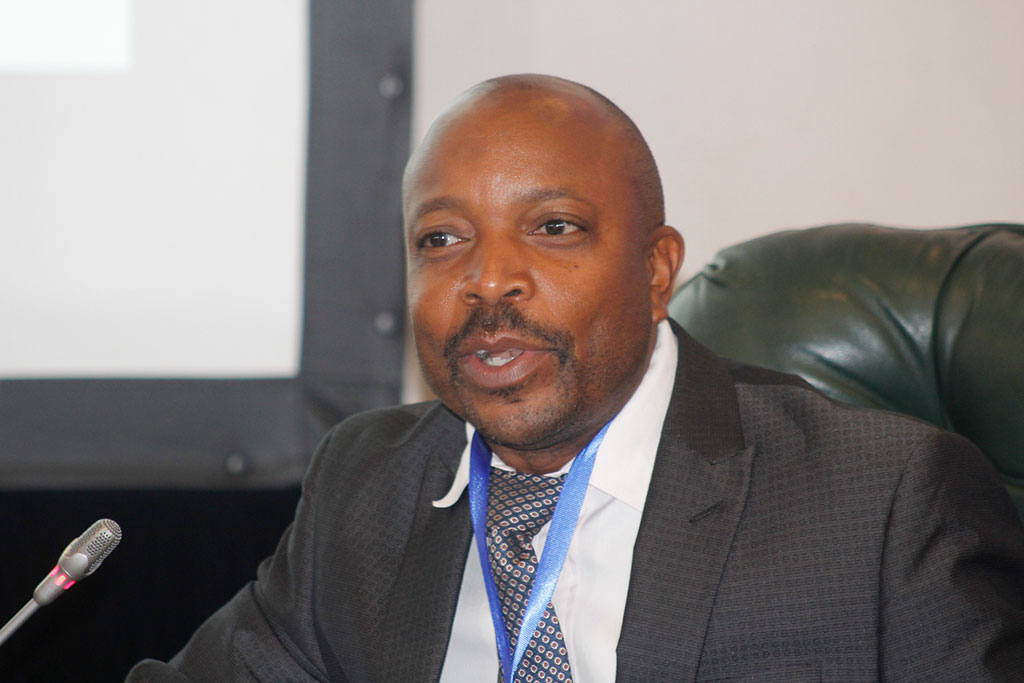|
Getting your Trinity Audio player ready...
|
By Engineer Jacob Kudzayi Mutisi
It is now forty-one years since Zimbabwe secured its independence from the white minority oppressive regime. Forty-one years is a lifetime and the only minorities left in Zimbabwe are true Zimbabweans.
They can be white, Asian, coloured, Parsian, etc. These individuals will never leave and are part of Zimbabwe’s cultural system and need to be protected. Zimbabweans need to speak with one voice and there is no better time to be very loud as a group than the now.
The constitution of Zimbabwe protects minorities and we expect the political system to protect the last few minorities left in our country. Minorities are all national cultural, ethnic, religious, and linguistic groups whose minority status has been recognised by Zimbabwe’s constitution and by internationally binding declarations.
The minorities used to control the judiciary and Zimbabwe’s economy but that is no longer the case. Zimbabwe’s farming community and industry are now dominated by the black majority. Zimbabwe’s minority rights are based on the recognition that minorities are in a vulnerable situation in comparison to other groups in Zimbabwe’s society, namely the majority population, and we should aim to protect members of a minority group from discrimination, assimilation, prosecution, hostility or violence, as a consequence of their status. It should be highlighted that minority rights no longer constitute privileges, but act to ensure equal respect for members of different communities.
Zimbabwe’s rights serve to accommodate vulnerable groups and to bring all members of society to a minimum level of equality in the exercise of their human and fundamental rights.
History has shown that the protection of national minorities is essential to stability, democratic security, and peace worldwide. A pluralist and genuinely democratic society should not only respect the ethnic, cultural, linguistic and religious identity of each person belonging to a national minority but also create appropriate conditions enabling them to express, preserve and develop this identity. Zimbabwe should create a climate of tolerance and dialogue necessary to enable cultural diversity to be a source and a factor, not of division, but of enrichment for each society.
The Zimbabwean Government should know that the rights of minorities are central to the promotion and protection of their identity. Zimbabwe has white, Asian, coloured people, etc, and there is a need to promote and protect their identity which prevents forced assimilation and the loss of cultures, religions and languages on the basis of the richness of the world and therefore part of its heritage.
Non-assimilation requires diversity and plural identities to be not only tolerated but protected and respected. Minority rights are about ensuring respect for distinctive identities while ensuring that any differential treatment towards groups or persons belonging to such groups does not mask discriminatory practices and policies. Therefore, positive action is required to respect cultural, religious, and linguistic diversity, and acknowledge that minorities enrich society through this diversity.
Forty-one years after independence we do not have minorities employed in government as teachers, police officers, etc, the participation of persons belonging to minorities in public affairs and in all aspects of the political, economic, social and cultural life of the country where they live is in fact essential to preserving their identity and combating social exclusion.
The Government of Zimbabwe needs to put in place mechanisms to ensure that the diversity of society with regard to minority groups is reflected in public institutions, such as national parliaments, the civil service sector, including the police and the judiciary, and that persons belonging to minorities are adequately represented, consulted and have a voice in decisions which affect them. Participation must be meaningful and not merely symbolic, and recognised for instance, that minorities are commonly underrepresented and that their concerns may not be adequately addressed. The participation of women belonging to minorities is of particular concern.
41 years is the best time to fight as a united front and embrace the minorities of this country by giving them the opportunity to be part and parcel of Zimbabwe’s system. We should speak with one voice for a prosperous Zimbabwe.






